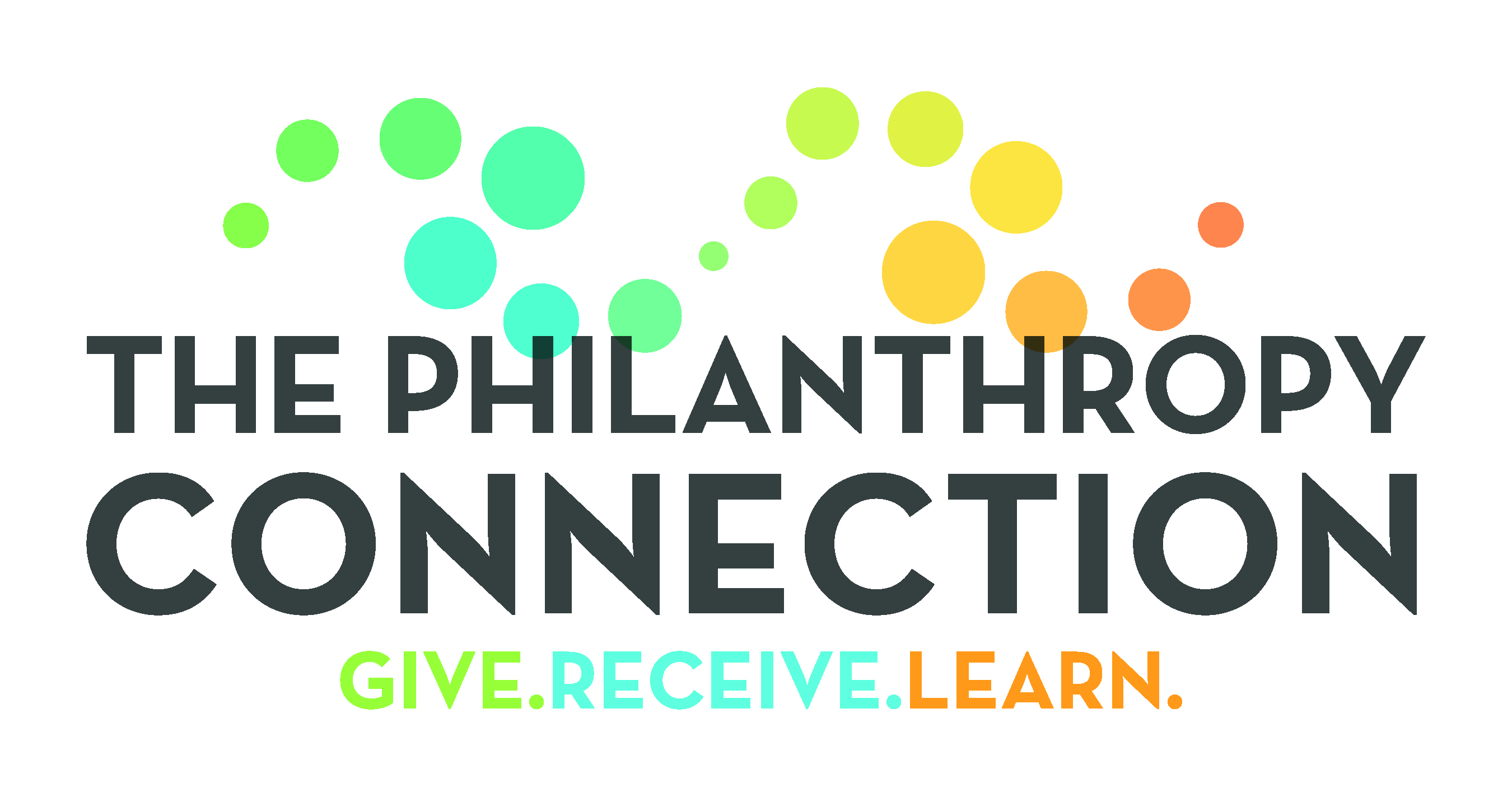Dialogue Summary for “Through the Lens of Funders: Racial Equity”
Bithiah Carter, President & CEO of New England Blacks in Philanthropy, and Eric Esteves, Executive Director of The Lenny Zakim Fund, were introduced into an evening of discussion on August 6, 2020 about structural racism and its impact on philanthropy. This important topic was framed within the context of TPC’s ongoing commitment to Diversity, Equity, and Inclusion and its important connection to our ongoing strategic planning process.

Before breaking into small groups for discussion, a series of questions was posed to stimulate thought:
- From your experience in the Greater Boston area, what do you see as the biggest challenges for non-profits led by leaders of color to attract funding? Bithiah responded that an organization can get connected in Boston, but then it becomes a matter of who the gatekeeper is in the relationship. We (Bostonians) tend to fund those who we are comfortable with as leaders. This does not always include leaders of color. Eric agreed, stating that non-profits can get connected, but then need to be “let in.” He talked about needing more “gatecrashers” – people outside of our comfort zone that nonprofits are willing to take risks on. Eric believes philanthropists should think outside the box to take risks on organizations started by people of color. It is also critical to reframe who we deem as the experts.
- Why is it important that the race/ethnicity of the leadership of non-profits (Board, management, staff) reflect the populations they serve? The response was an emphatic question: “Why do we keep asking that question?” Current unrest (e.g., Covid-19, racial, economic) shows us why it is important! Further, if we really want equity, it’s about equal outcomes, not equal inputs.
- Following on this question, the following two were asked. Covid has given us pause to think about and ask, “What are the root causes of inequity, & What do we value?” Urgency does not always exist when people of color are involved in a crisis. For example, housing is getting the attention it is right now because so many white people are also losing their housing. As we examine our values going forward, we must do it from a committed change point of view, not from a charity point of view.
- TPC currently funds organizations with revenue between $200,000 and $2,000,000. In your opinion, where is the most need locally, and should we be thinking about this differently? Eric noted that he thinks about this in terms of scale. Some organizations can scale up quickly, and some will be most efficient staying hyper-local. He believes an organization should be encouraged to scale up only if it makes sense. TPC should examine its approach to this. Bithiah added that funding is only a small part of what TPC has to offer. She encouraged us to think about other ways we can be a resource to grantees: collaboration, partnerships…organizations want to come together and learn from each other and from us.
This final question was the perfect segue into small group discussions where we continued the conversation about what TPC could do to help open doors and remove obstacles for our grantees. Myriad suggestions were offered as we came back together as a group, among them:
- Help grantees connect with each other through forums, Lunch & Learns, etc.;
- Ask explicitly in our application how we can help a grantee achieve its goals beyond our funding dollars;
- Match liaisons to grantees by expertise;
- Multi-year grants would allow us to form longer relationships with grantees;
- Simplify the grant process significantly to make it easier for non-profits applying, putting most of the burden on TPC to research the organization;
- Create a member resource bank of our expertise to draw on when grantees have a specific need; and
- Think about the difference between being a funder and a partner.
This was a truly valuable discussion and we look forward to our continued collaboration with these two groups. We invite you to “virtually” participate by reading the article we discussed – Racial Equity and Philanthropy – and watching a recording of the event.
Finally, we invite you to support The Lenny Zakim Fund’s 25th anniversary. Learn more at: https://thelennyzakimfund.org/
See you in the fall!
Jenny Morrison
Board Member, TPC Educational Programming
TPC is most grateful for our Lead Corporate Sponsor of Philanthropy Dialogues:

